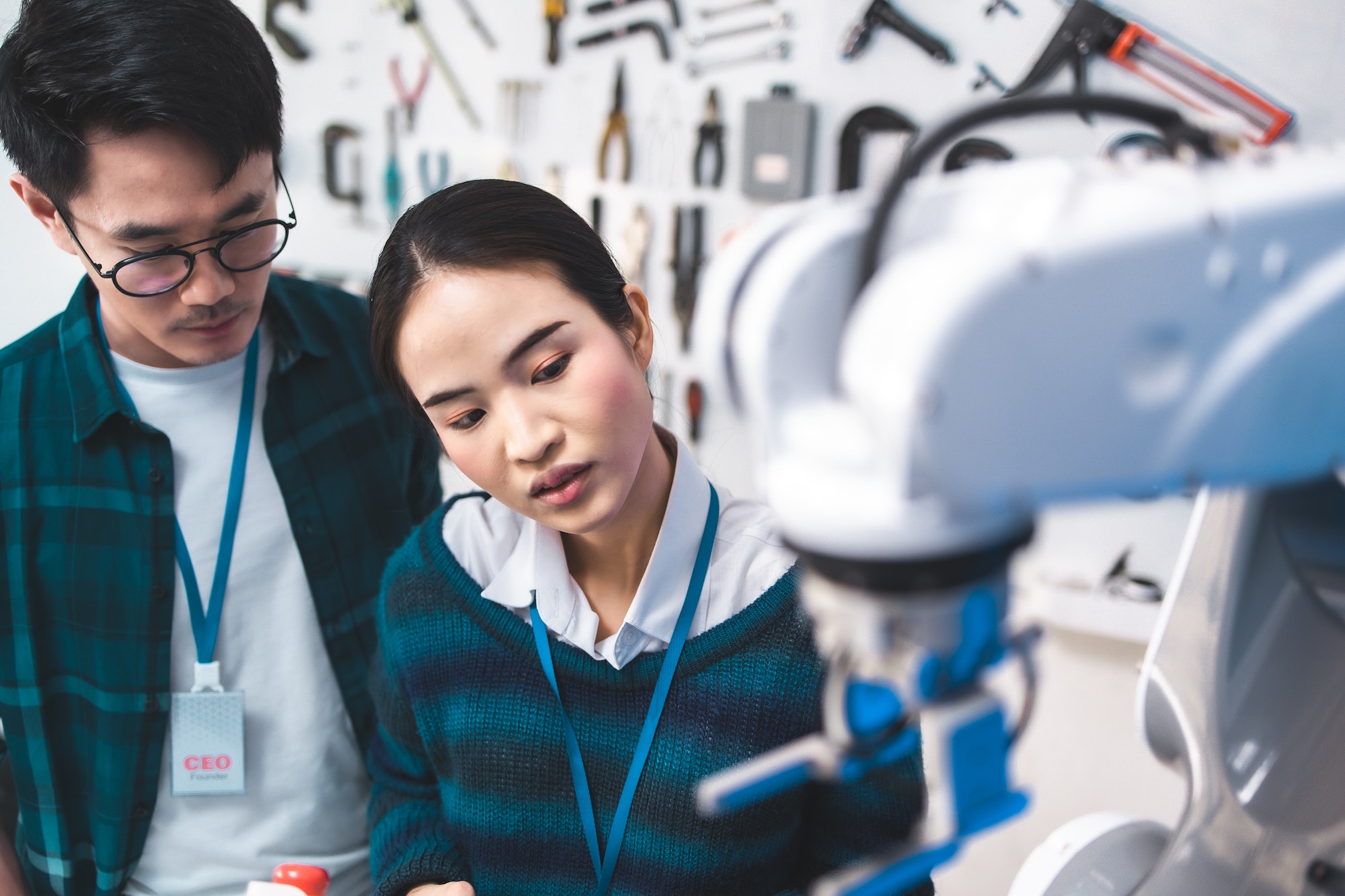Artificial Intelligence (AI) is a branch of technology that focuses on creating systems and machines that can think, act, and learn like human. In the past few decades, breakthroughs in AI have enabled the development of sophisticated computer systems that can solve complex problems and make decisions autonomously.
Artificial Intelligence and the Economy
How AI is Transforming the Economy
AI is transforming the way the economy works. AI technology is being used to automate routine tasks, improve decision-making, and provide better access to information for public and private sector organizations. AI is also driving the development of new products and services, including personal assistants like Google Assistant, autonomous vehicles, and digital health technologies. AI is creating new opportunities for businesses and individuals to increase productivity, reduce costs, and gain a competitive edge in the global economy.
Artificial Intelligence is growing so much that AI events have been created !
AI and Job Loss
AI technology is also having an impact on the labor market. AI-based automation is replacing traditional jobs in many industries, resulting in job losses and increasing economic inequality. There is a growing need for governments to address the ethical implications of AI-driven job automation and to develop policies to reduce the impact of AI-driven job displacement. At the same time, it is important to recognize the potential of AI to create new jobs and to develop policies to ensure that people are equipped with the skills necessary to take advantage of the new opportunities created by AI.

ROBOT BOM PLE
Artificial Intelligence and Education
AI and Learning
AI has the potential to revolutionize the way we learn. By leveraging data and machine learning algorithms, AI systems can provide personalized learning experiences and access to new learning materials. AI can also be used to automate mundane tasks, freeing up teachers and students to focus on creative, problem-solving tasks.
AI and Automated Tutoring
AI-powered systems can take automated tutoring to the next level. Automated tutoring systems, like those provided by Google, can provide personalized instruction and help students learn at their own pace. Automated tutors can also analyze a student’s progress and provide feedback to help them improve their performance. AI-powered systems can also be used to create personalized learning plans for students to help them reach their goals.
Artificial Intelligence and Health
AI can also be used to help prevent diseases. AI systems are able to analyze data from patients to identify potential risk factors for particular illnesses. AI systems can also be used to monitor a patient’s health and provide personalized recommendations to help them stay healthy. For example, Google is developing a tool that uses AI to analyze scans of a person’s lungs and provide personalized advice to help them manage their condition.
Artificial Intelligence and Security
AI and Cybersecurity
AI has the potential to help detect, prevent, and respond to cyber threats in ways that are faster, more effective, and more accurate than traditional methods of cybersecurity. AI can help detect malicious activities sooner, reduce false positives, and better protect users from cyber threats.
AI and Surveillance
AI is also playing an increasingly important role in surveillance and monitoring. AI can be used to track people’s movements, monitor their conversations, and even detect potential terrorist activity. These surveillance technologies have the potential to raise serious ethical and privacy concerns. It is important to ensure that these technologies are used responsibly, with appropriate safeguards in place to ensure that people’s privacy is protected.
AI has the potential to significantly impact our lives in the future, both in positive and negative ways. AI can help us solve some of the world’s biggest problems, including climate change, global poverty, inequality, and more. It can also help us in more mundane tasks, like driving, ordering food, or making decisions. AI can also help us make better public decisions, by providing access to more accurate data and more sophisticated algorithms. At the same time, AI could also create problems of its own. AI algorithms can be biased and unreliable if they are not carefully designed and implemented. AI could also raise serious ethical and privacy concerns, as well as create new forms of inequality. It is important to ensure that AI is used in a way that is ethical, responsible, and beneficial to society.
